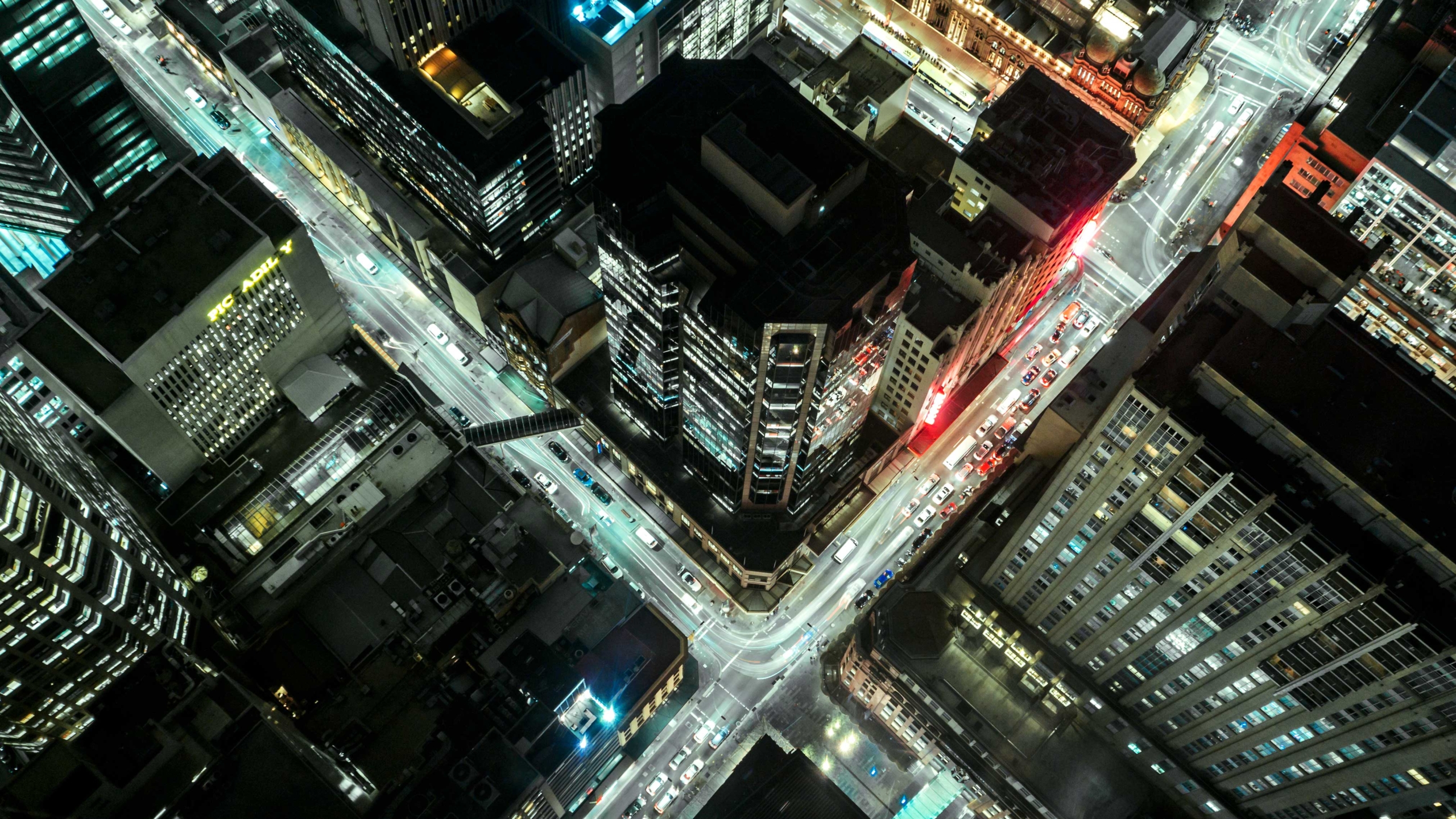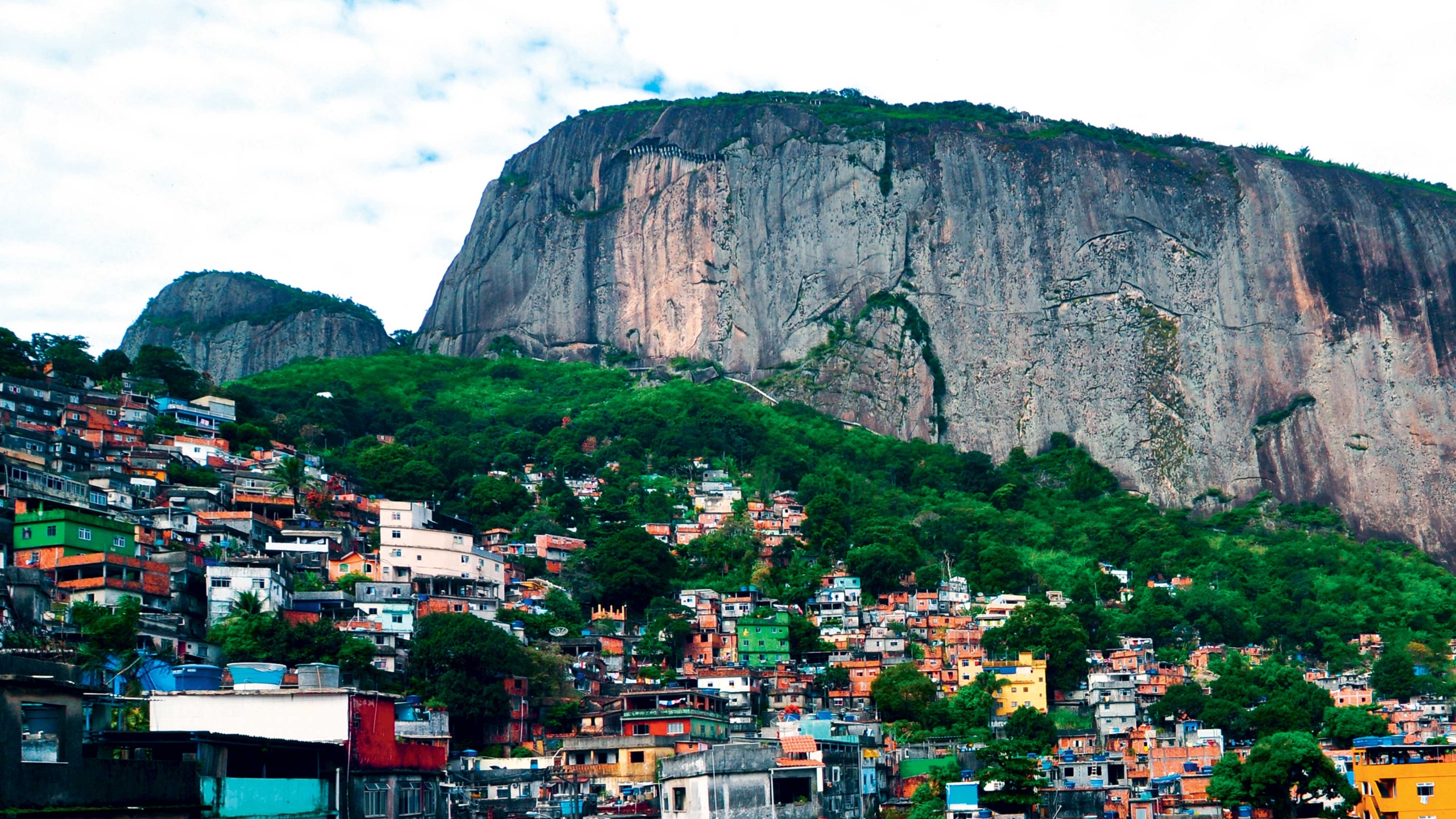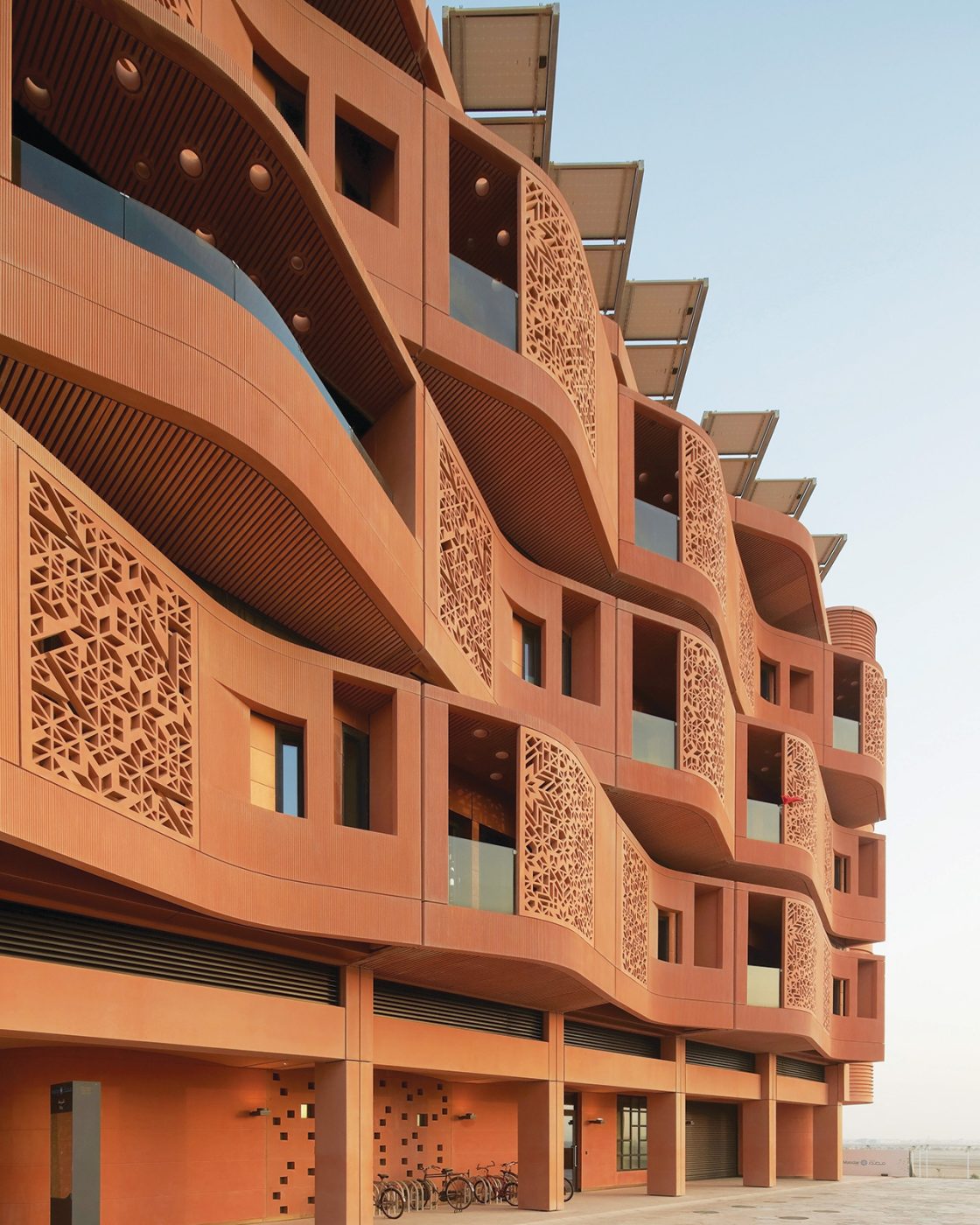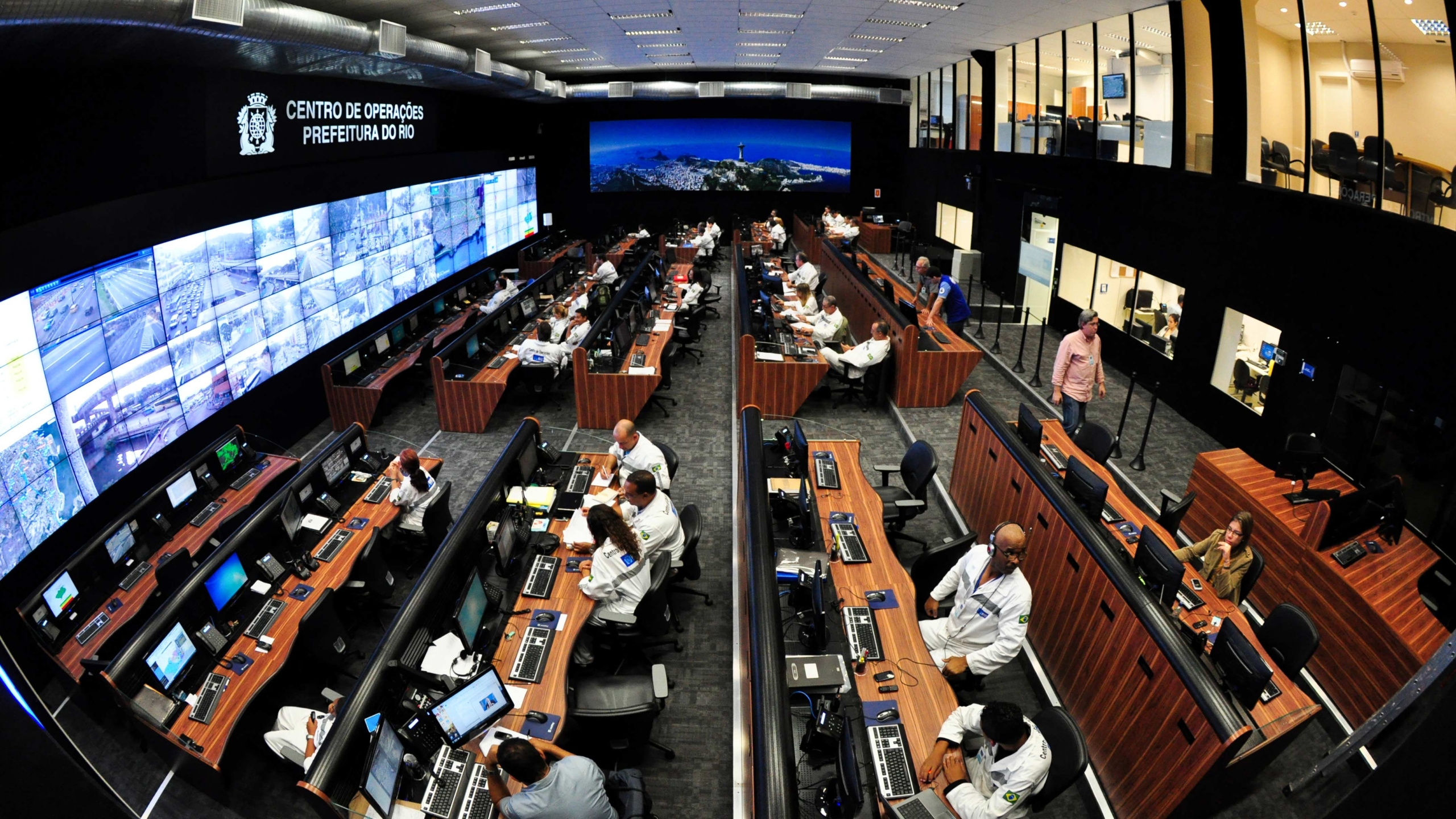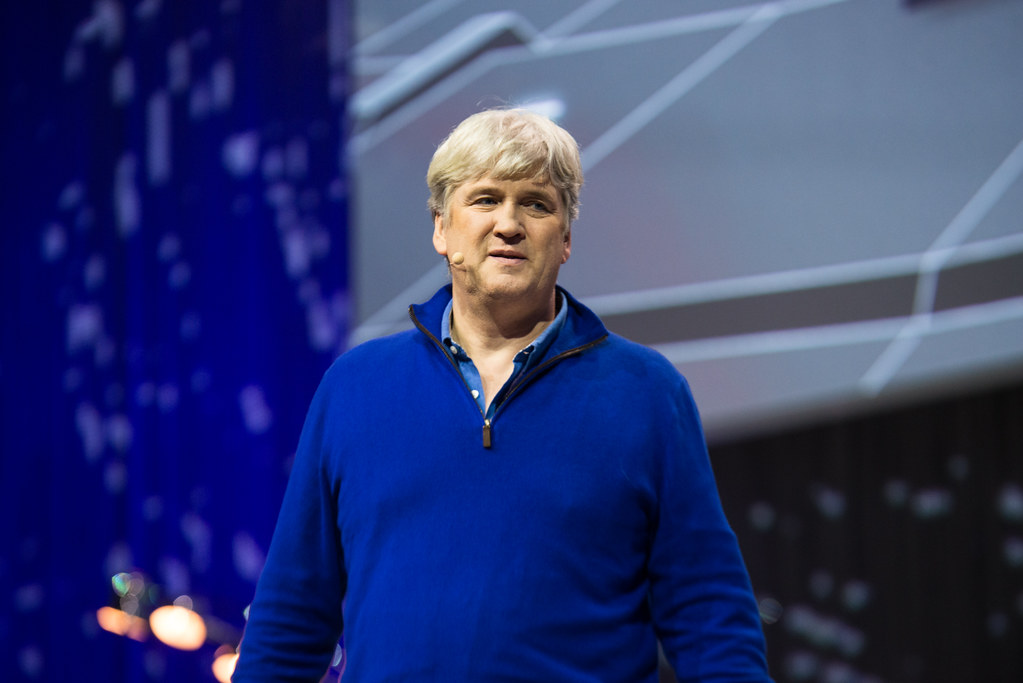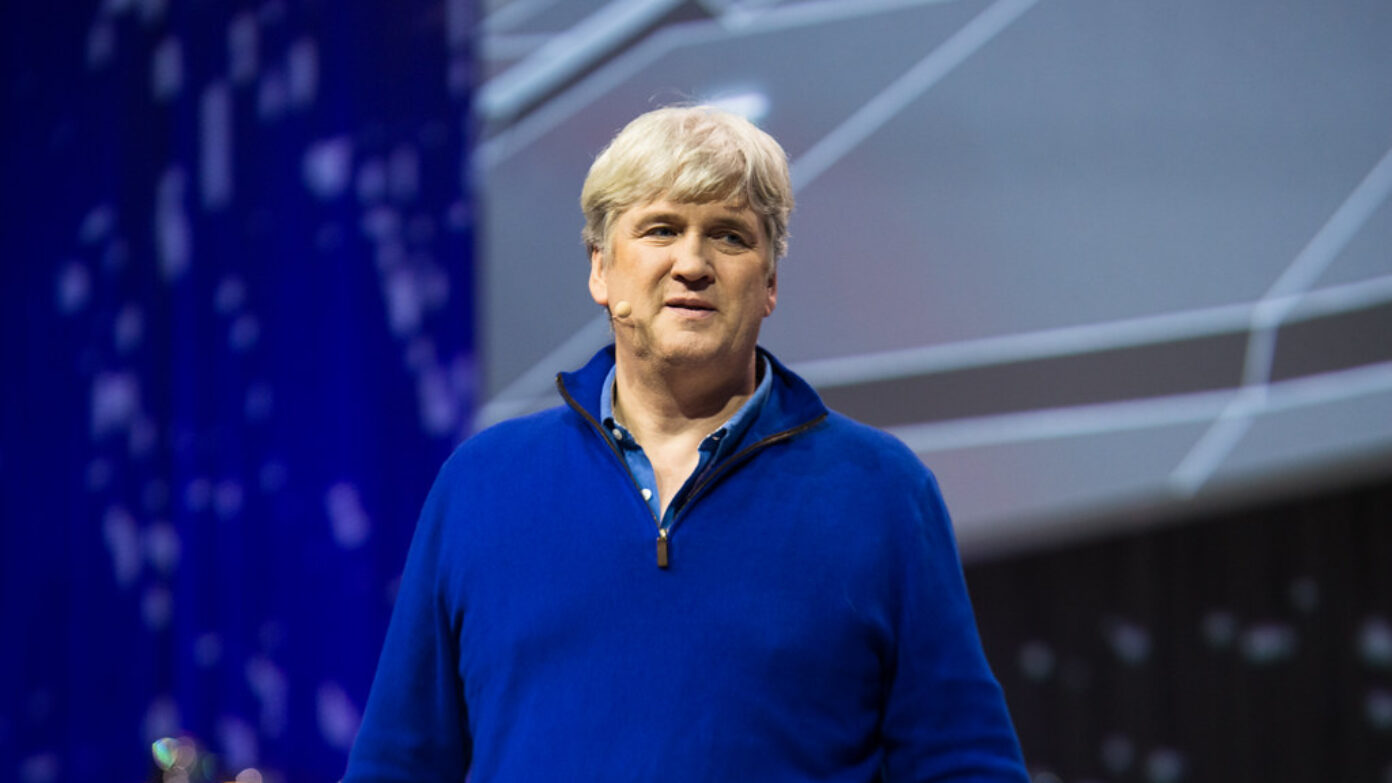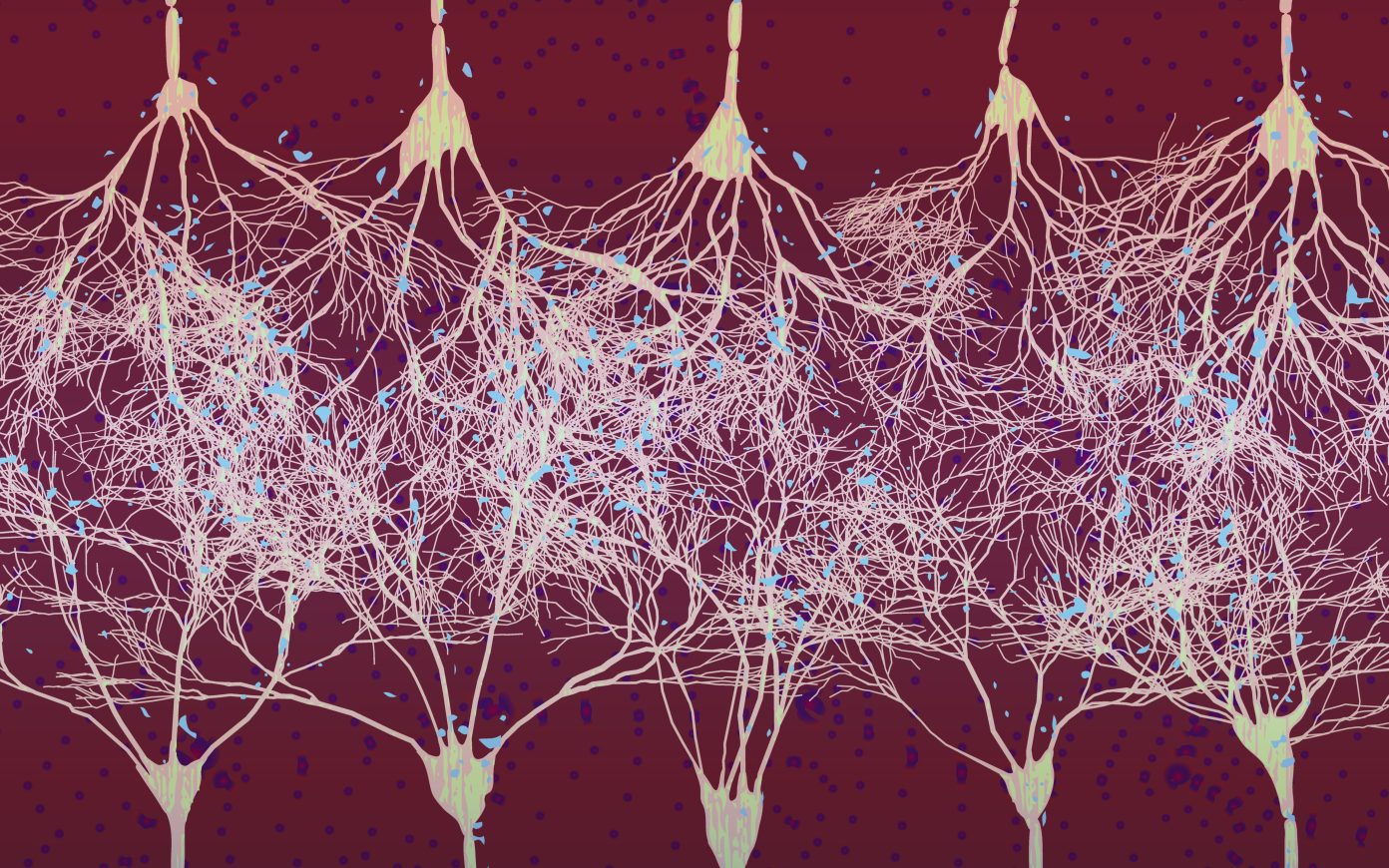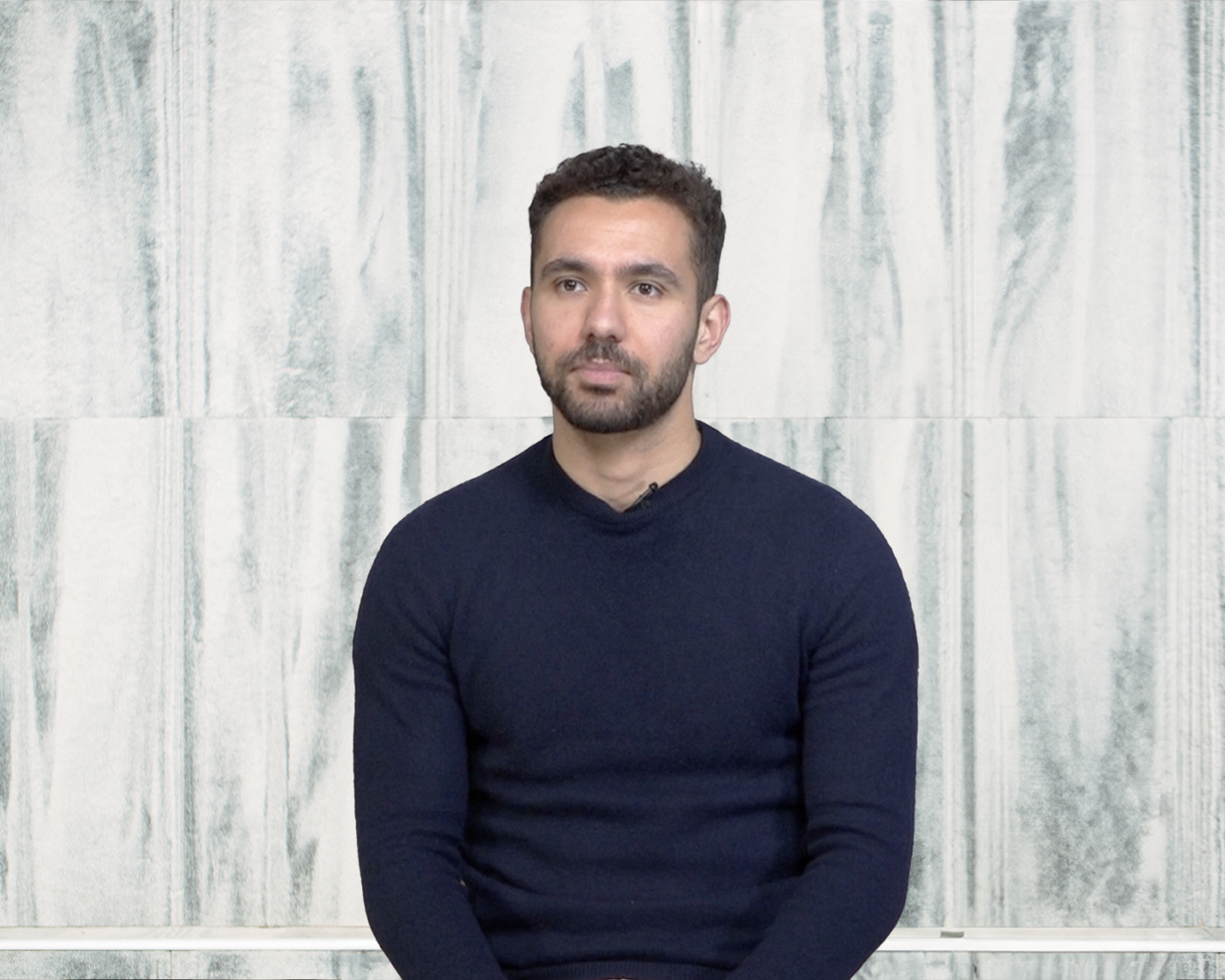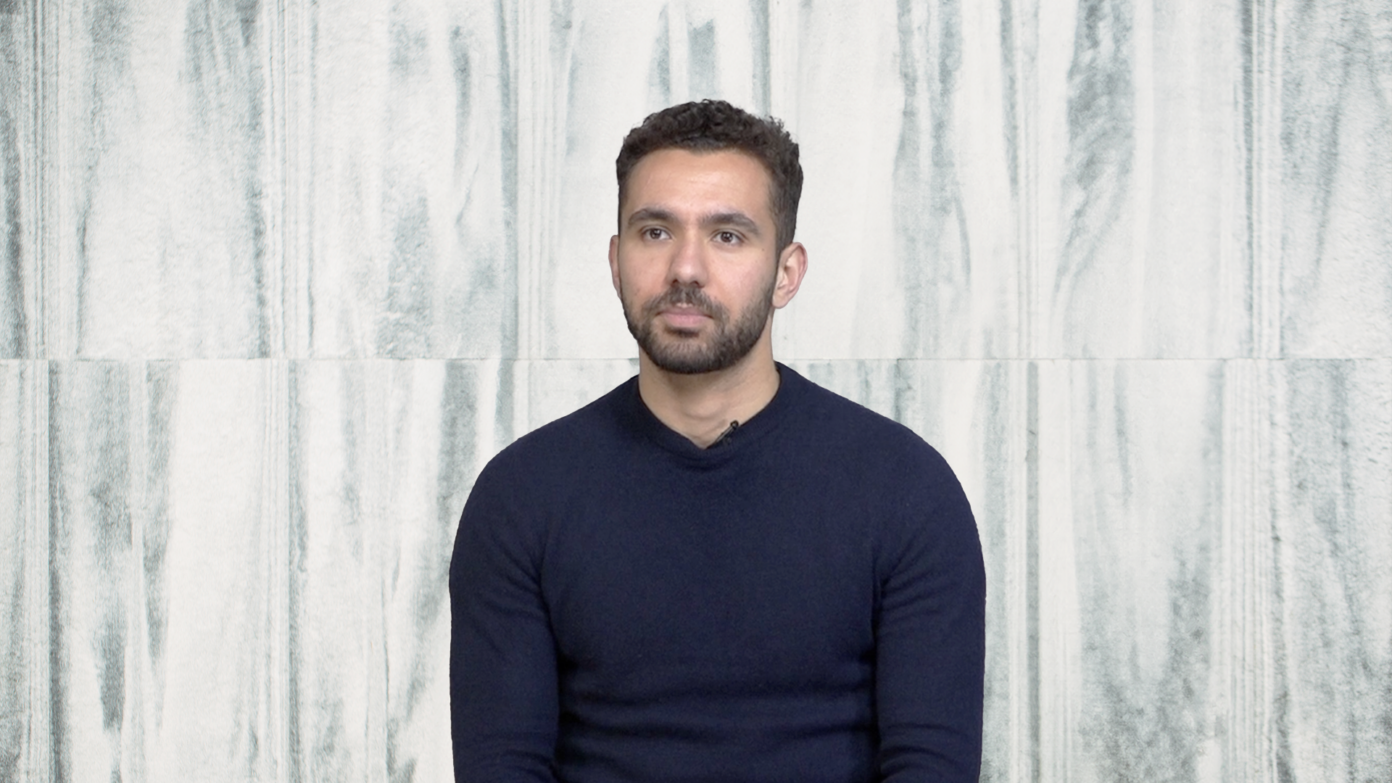Creating your own new menu entails, as it were, being in the wrong place at the wrong time. In mid twentieth-century Boston, for instance, the city’s new “brain industries” developed in places where the planners never imagined they could grow. On the contrary, Masdar—like London’s new “ideas quarter” around Old Street—assumes a clairvoyant sense of what should grow where. The smart city is over-zoned, defying the fact that real development in cities is often haphazard, or in between the cracks of what is allowed.
Songdo represents the stupefying smart city in its architectural aspect—massive, clean, efficient housing blocks rising up in the shadow of South Korea’s western mountains, like an inflated 1960s British housing estate—but now heat, security, parking, and deliveries are all controlled by a central Songdo “brain.” The massive housing units are not conceived as structures with any individuality in themselves, nor is the ensemble of these faceless buildings meant to create a sense of place.
Uniform architecture need not inevitably produce a dead environment, if there is some flexibility on the ground; in New York, for instance, along parts of Third Avenue monotonous residential towers are subdivided on street level into small, irregular shops and cafes; they give a good sense of neighborhood. But in Songdo, lacking that principle of diversity within the block, there is nothing to be learned from walking the streets.
A more intelligent attempt to create a smart city comes from work currently under way in Rio de Janeiro. Rio has a long history of devastating flash floods, made worse socially by widespread poverty and violent crime. In the past, people survived thanks to the complex tissues of local life; the new information technologies are now helping them, in a very different way to Masdar and Songdo. Led by IBM, with help by Cisco and other subcontractors, the technologies have been applied to forecasting physical disasters, to coordinating responses to traffic crises, and to organizing police work on crime. The principle here is coordination rather than, as in Masdar and Songdo, prescription.
But isn’t this comparison unfair? Wouldn’t people in the favelas prefer, if they had a choice, a pre-organized, pre-planned place in which to live? After all, everything works in Songdo. A great deal of research over the last decade in cities as different as Mumbai and Chicago, suggests that once basic services are in place people don’t value efficiency above all; they want quality of life. A hand-held GPS device won’t, for instance, provide a sense of community. Moreover, the prospect of an orderly city has not been a lure for voluntary migration, neither to European cities in the past nor today to the sprawling cities of South America and Asia. If they have a choice, people want a more open, indeterminate city in which to make their way; this is how they can come to take ownership over their lives.
There’s nothing wicked about the smart city confab London is hosting this week. Technology is a great tool, when it’s used responsively, as in Rio. But a city is not a machine; as in Masdar and Songdo, this version of the city can deaden and stupefy the people who live in its all-efficient embrace. We want cities that work well enough, but are open to the shifts, uncertainties, and mess which are real life.
